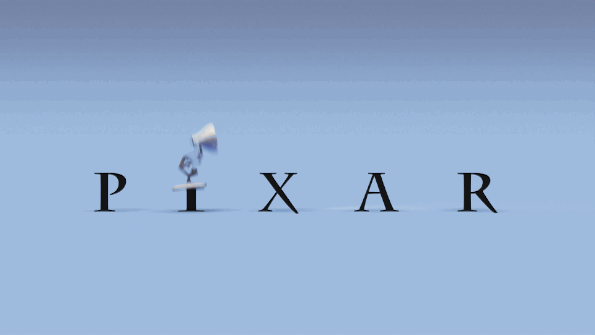Extreme water stress affects a quarter of the world's population, say experts

By
tacobell fan
in Discussions
-
-
-
-
Popular Now
-
-
Tell a friend
-
-
Most viewed in last 30 days
-

-

-

-
 139
139Gaali_Gottam_Govinda · Started
-

-

-

-

-

-

-
 263
263psycopk · Started
-

-

-

-

-

-

-

-

-

-



Recommended Posts
Join the conversation
You can post now and register later. If you have an account, sign in now to post with your account.